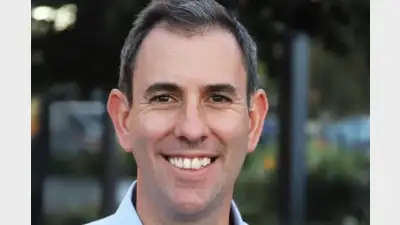HESTA urges status quo on threshold
Just weeks out from the Federal Budget, key health industry superannuation fund HESTA has strongly criticised recommendations that the Federal Government raise the superannuation threshold.
Under the proposal being considered by the Federal Government, employees would have to earn $800 per month before their employer was obliged to pay the 9 per cent superannuation guarantee — something HESTA chief executive said would have a real impact on casual workers, particularly women.
“The evidence is clear — even small contributions now can make a real difference over 20 or 30 years,” she said. “Undermining the capacity of low income Australians to accumulate super savings runs counter to the philosophy of saving for a self-funded retirement.”
Corboy said HESTA had 525,000 members, of which 85 per cent were women and many working part-time or casual.
“Women are already caught in a super bind — typically living longer, retiring earlier and starting with much smaller amounts of super and savings,” she said. “Raising the threshold will only exacerbate that situation and increase the likelihood of poverty.”
Corboy said that while proponents of the threshold increase might argue that making small superannuation payments to staff was an administrative burden, this argument failed to recognise that many Australians had a number of casual jobs.
Recommended for you
Australian super funds have posted early gains in FY26, driven by strong share market performance and resilient long-term returns.
Following the roundtable, the Treasurer said the government plans to review the superannuation performance test, stressing that the review does not signal its abolition.
The Australian Prudential Regulation Authority (APRA) has placed superannuation front and centre in its 2025-26 corporate plan, signalling a period of intensified scrutiny over fund expenditure, governance and member outcomes.
Australian Retirement Trust (ART) has become a substantial shareholder in Tabcorp, taking a stake of just over 5 per cent in the gaming and wagering company.











